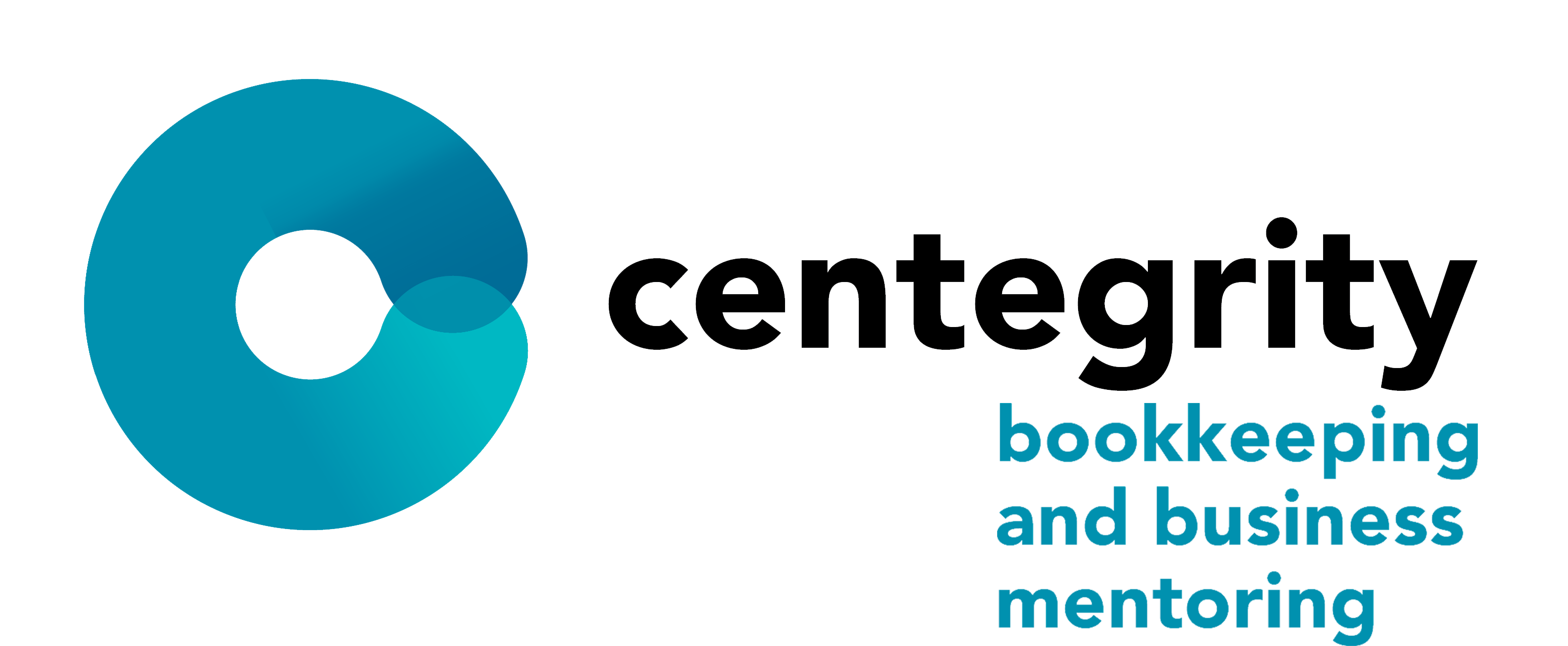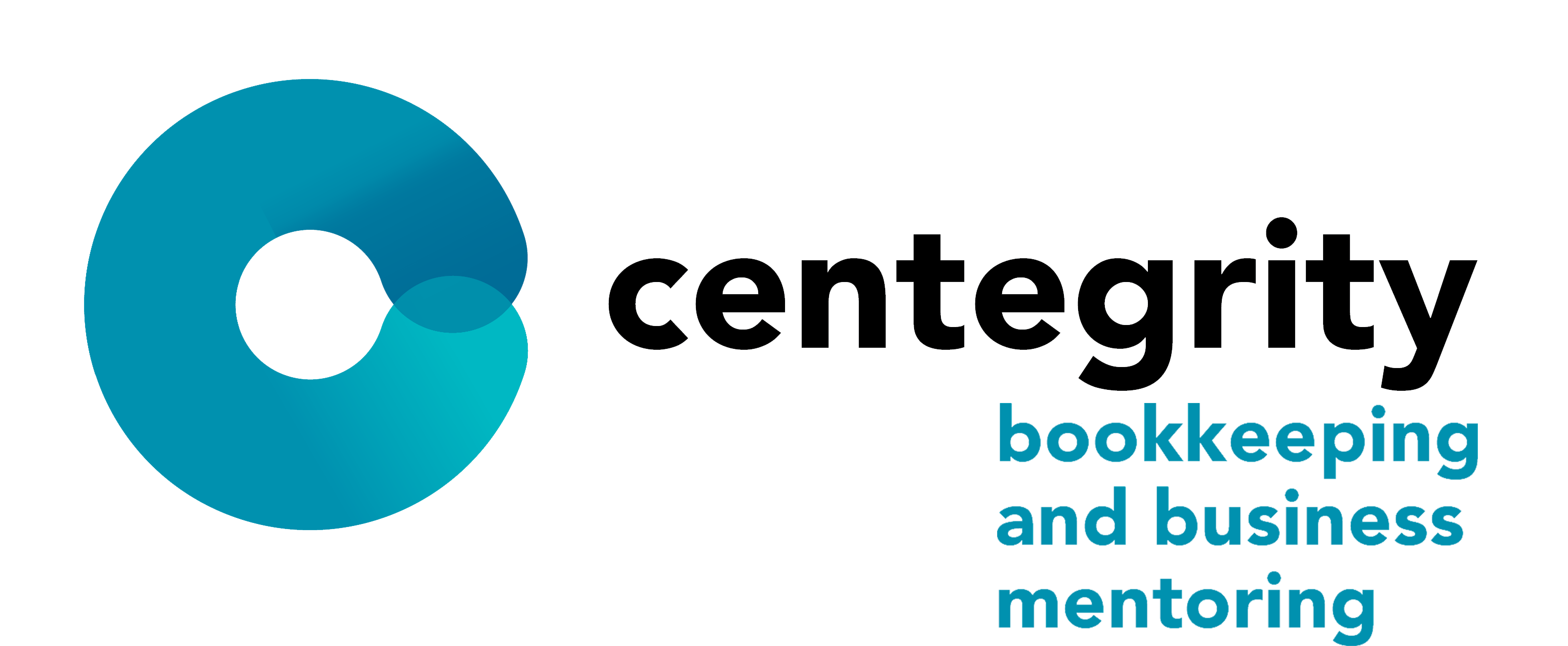A few months ago at Xerocon, I had the chance to listen to Richard Denniss, chief economist at the Australia Institute, and author of the book “Curing Affluenza”.
Listening to him talk, I was amazed at how much of our lives can get tied up in buying possessions and not even enjoying them.
In this month’s blog article, I wanted to share a few key insights on why we buy so much stuff and how they have helped me gain a new perspective.
What is Affluenza?
According to Denniss, Affluenza is ‘that strange desire we feel about spending money we don’t have to buy things we don’t need to impress people we don’t know…’
For example, in Australia, many consumers waste money on food they don’t eat, books they don’t read and gym memberships they don’t use!
We also continuously and sometimes needlessly replace the old with the new, when in reality, the old may work perfectly fine.
I know I have been guilty of this behaviour, and I am sure you have as well. It’s a habit and cycle we all fall into.
Is Affluenza Good For Business?
When it comes to owning a business, ‘Affluenza’ can be somewhat good news – the more people buy, the more revenue businesses generate.
But business owners themselves can also fall into Affluenza at times. We think we need the latest technology or a better office, or to upgrade our software. Yet in reality, the change may create more costs that don’t add value to the bottom line.
Valuing What You Own
In his talk, Richard explained the difference between Consumerism and Materialism.
Consumerism is the love of going to the shops and buying things. It is the act of purchasing and the joy of owning something new.
Materialism is the love of the item itself. If you love something, you tend to look after it, care for it, and you don’t throw it out.
Both in our personal lives and business, it has become a cultural norm to buy new things and throw old things away.
Every time a new model of phone arrives, we cease to value our old phone as much. If a new model of car is introduced to the market, we think we ‘need’ to upgrade.
But the emotional need to buy new things is just that: an emotional need. In reality, the older stuff may work just as well and saves us money in the long run.
Embracing Experiences
Another great insight I gained from the talk was that there is huge value in experiences. We only have a finite amount of time in our lives, and the best thing we can do is share experiences with those we care about.
Instead of buying new clothes, we can purchase a massage treatment, or go for a nice meal or another type of service. These experiences have just as much value as the material possessions, yet create less waste.
Of course, an increase in service-based businesses is good news for the economy as well as the environment. By not creating more stuff, we are reducing waste.
Less than 100 years ago, many people grew their own food and made their own clothes. Today that would seem strange. Yet the ability to buy unlimited products and then throw them away is an even stranger idea.
As a culture, we can change how we perceive what is important. We can place more value on the things we have by looking after them and fixing them when they break. We can invest in things that are well built and will therefore, last longer.
If you are one to upgrade your phone every time a new model comes out, try space it to every second model. Buy less and value more.
What I have learned from Richard Denniss is that a little more thoughtful choice can make a big difference, both in our business and personal lives.
Centegrity has over 13 years of experience helping businesses with bookkeeping and business mentoring. If you need assistance don’t hesitate to contact us or fill in the form below.

